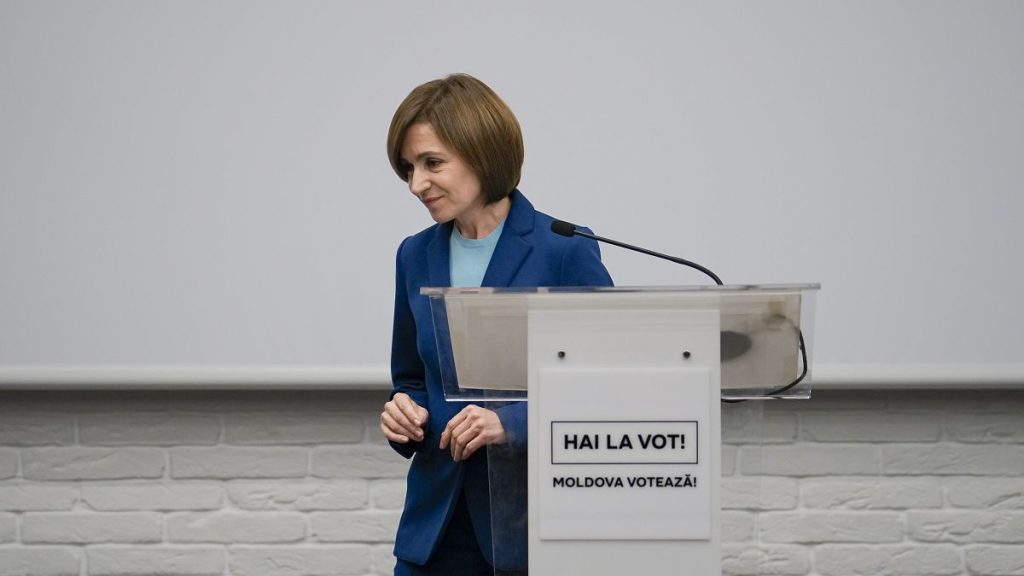The people of Moldova recently participated in a critical presidential runoff election, with pro-Western incumbent Maia Sandu facing off against a Russia-friendly challenger, Alexandr Stoianoglo. During the election, Sandu managed to secure a slim lead with almost 91% of the votes counted, receiving 50.47% compared to Stoianoglo’s 49.53%. However, the election was marred by allegations of voter fraud, electoral interference, and intimidation, raising concerns about the state of democracy in the country. In the first round on October 20, Sandu received 42% of the vote but did not secure an outright majority, leading to the runoff with Stoianoglo, a former prosecutor general, who garnered nearly 26% in the initial round.
Moldovan police monitoring the polls reported “reasonable evidence” of organised voter transportation, which is illegal under the country’s electoral code, happening both domestically and overseas. The authorities are currently investigating and collecting evidence related to air transport activities from Russia to Belarus, Azerbaijan, and Turkey. President’s national security adviser Stanislav Secrieru expressed concerns over potential sabotage of the election results, accusing Russia of interfering in the electoral process. Sandu urged Moldovans to protect the country’s independence by casting their votes and staying united during this critical period. On the other hand, Stoianoglo denied any involvement in vote-buying and claimed he had no connections with the Kremlin.
In the midst of Moldova’s runoff election, Prime Minister Dorin Recean revealed that citizens across the nation had received anonymous death threats via phone calls, labeling this as an extreme attack aimed at scaring voters. Recean assured the public that state institutions would maintain order and protect citizens during this tumultuous time. Sandu emphasized the importance of unity, peace, and independence during these electoral proceedings, stating that the power of the people was greater than any attempts to manipulate the outcome. She called on Moldovans to safeguard their vote and country from those seeking to undermine the democratic process.
The election in Moldova has been closely watched by international observers, particularly amid concerns of Russian interference and potential violations of electoral laws. Stoianoglo’s close ties with Russia have raised suspicions among the populace and led to allegations of external influence in the election. As the results were being tallied, both candidates appealed to their supporters, with Sandu urging unity and vigilance against outside threats, while Stoianoglo denied any wrongdoing and distanced himself from any accusations of impropriety. The runoff election has highlighted the deep political divide in Moldova between those favoring closer ties with the West and those leaning towards Russia.
The outcome of the Moldovan presidential runoff will have significant implications for the future direction of the country, particularly in terms of its foreign policy orientation. Sandu’s victory would likely signal a continuation of pro-Western policies and efforts to integrate with European institutions, while a win for Stoianoglo could potentially result in a shift towards closer ties with Russia. The allegations of voter fraud and intimidation underscore the challenges facing Moldova as it seeks to consolidate its democratic processes and navigate a complex geopolitical landscape. The international community will be closely monitoring the aftermath of the election to assess its impact on Moldova’s domestic stability and external relations.













